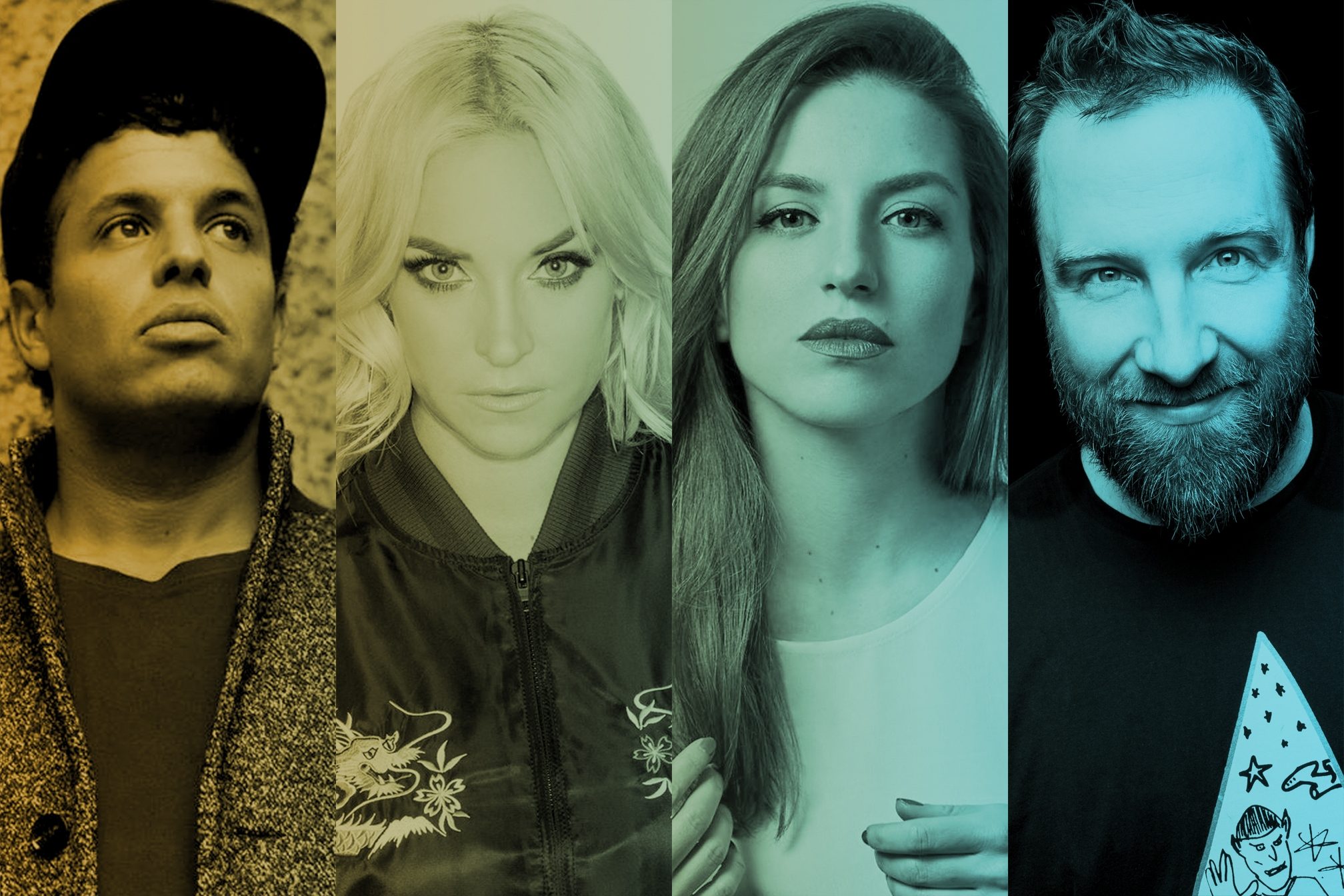 Lists
Lists
How to get your track played in Ibiza
If you wanna make it on the island you need to follow this advice
Right now, hundreds of young dance music aspirants are trawling the streets of San Antonio with one thing on their mind: Breaking. The. Scene.
Most are carrying a hard-drive full of tracks, others are loaded with USBs, but how do they get their unsigned tunes aired on Ibiza's biggest sound rigs? We asked 12 of the island's top superclub regulars how to do it.
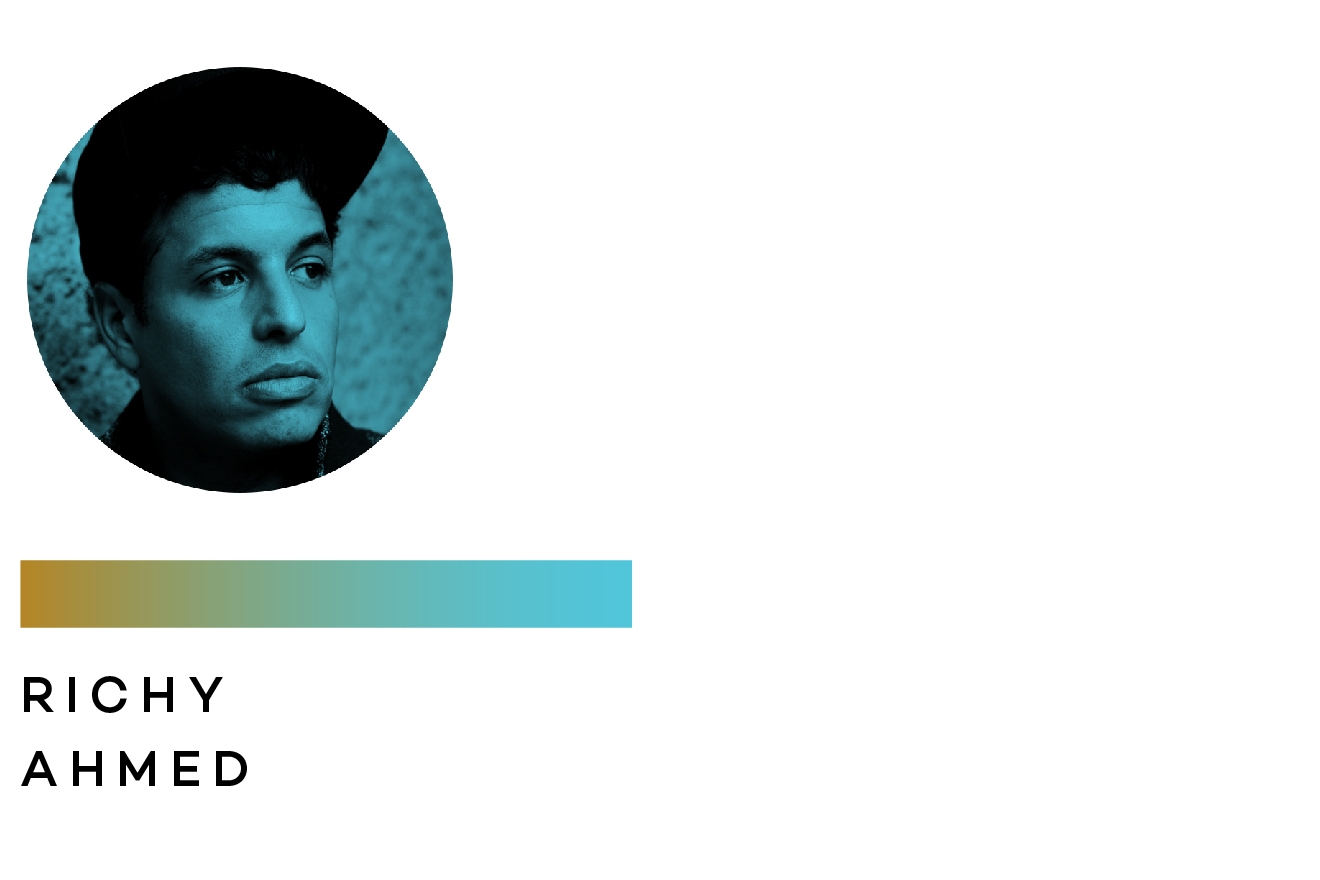
I'll take a USB from any new producer and I will listen to it. That's how you find loads of gems. There might be a lot of tracks that aren’t right for me, but I still try to give feedback whenever I can. You can often tell if the music is going to be any good or not by the way it's packaged. I've been given some amazing USB sticks - some next level stuff that I'd love to have myself - specially designed, made out of leather and personally embossed. And I've always found that a high percentage of the tunes on those superior USBs are never that good. I don't mean to sound harsh, but if these kids spent as much energy on the music as they did on designing their USBs, their tunes would probably sound a lot better! On the other hand, I find the kids that are slightly less in your face are the ones who are making the bangers.
Catch Richy Ahmed performing for Paradise at DC10, elrow at Amnesia, and ANTS at Ushuaïa
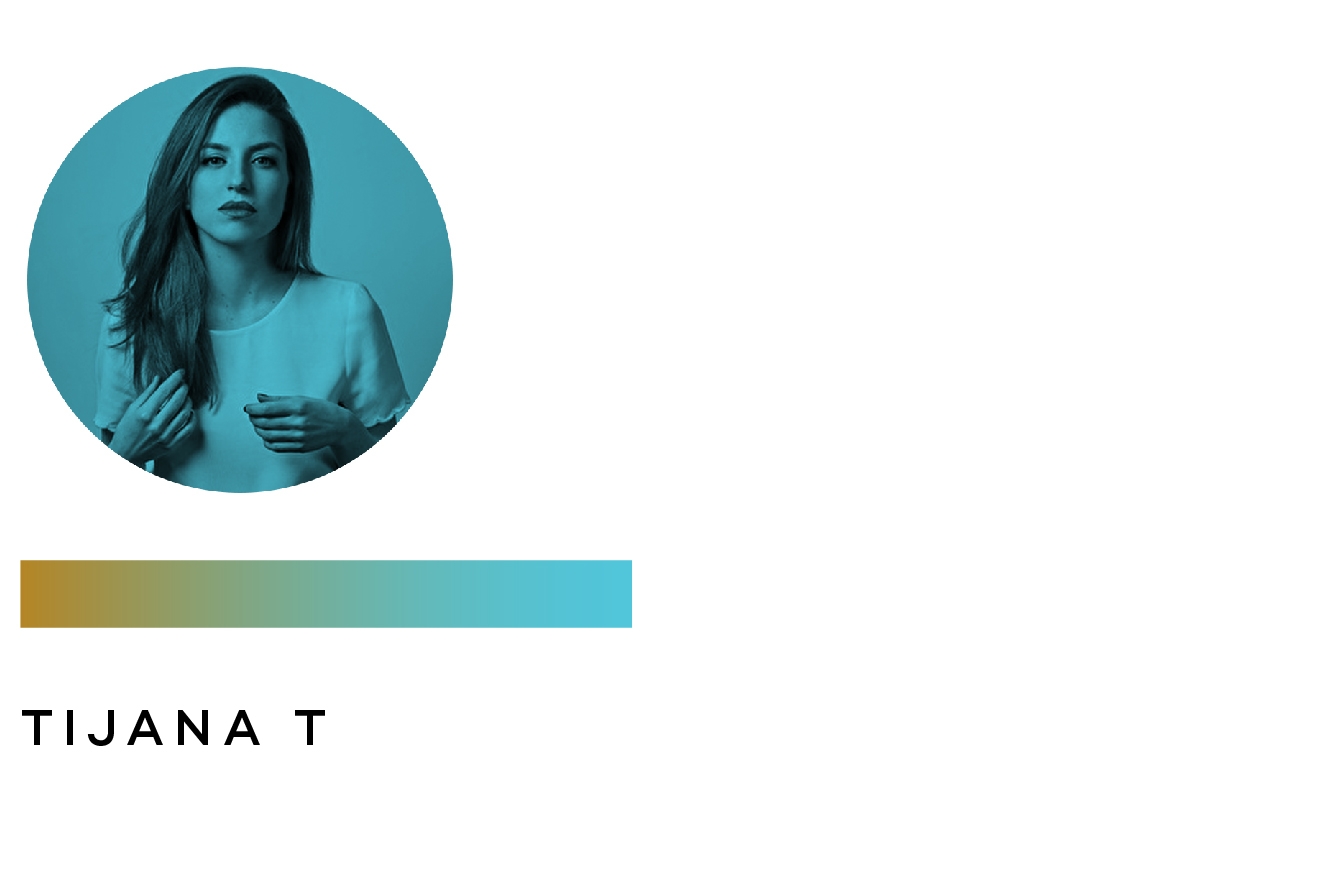
If you bring a vinyl to the DJ booth the chances that someone will actually hear it are bigger, because it is so big and so physical. The problem for touring DJs who get given USB sticks everyday is that they tend to get lost. Some DJs don't listen to anything you give them anyway; they only play their friends' music or tracks from their own label. Other DJs are very dedicated; Laurent Garnier is famous for listening to every promo he's given. But in my opinion it's not really about taking in a vinyl or a CD or a USB, it's about focusing on the labels you really like - somewhere you know you will feel at home musically - and then bugging them continuously! If they don't reply, ask and ask again. It takes a certain self-confidence and focus to succeed, but if your music is good it will all work out. Just don't waste your energy sending your music everywhere.
Catch Tijana T performing for Afterlife at Hï
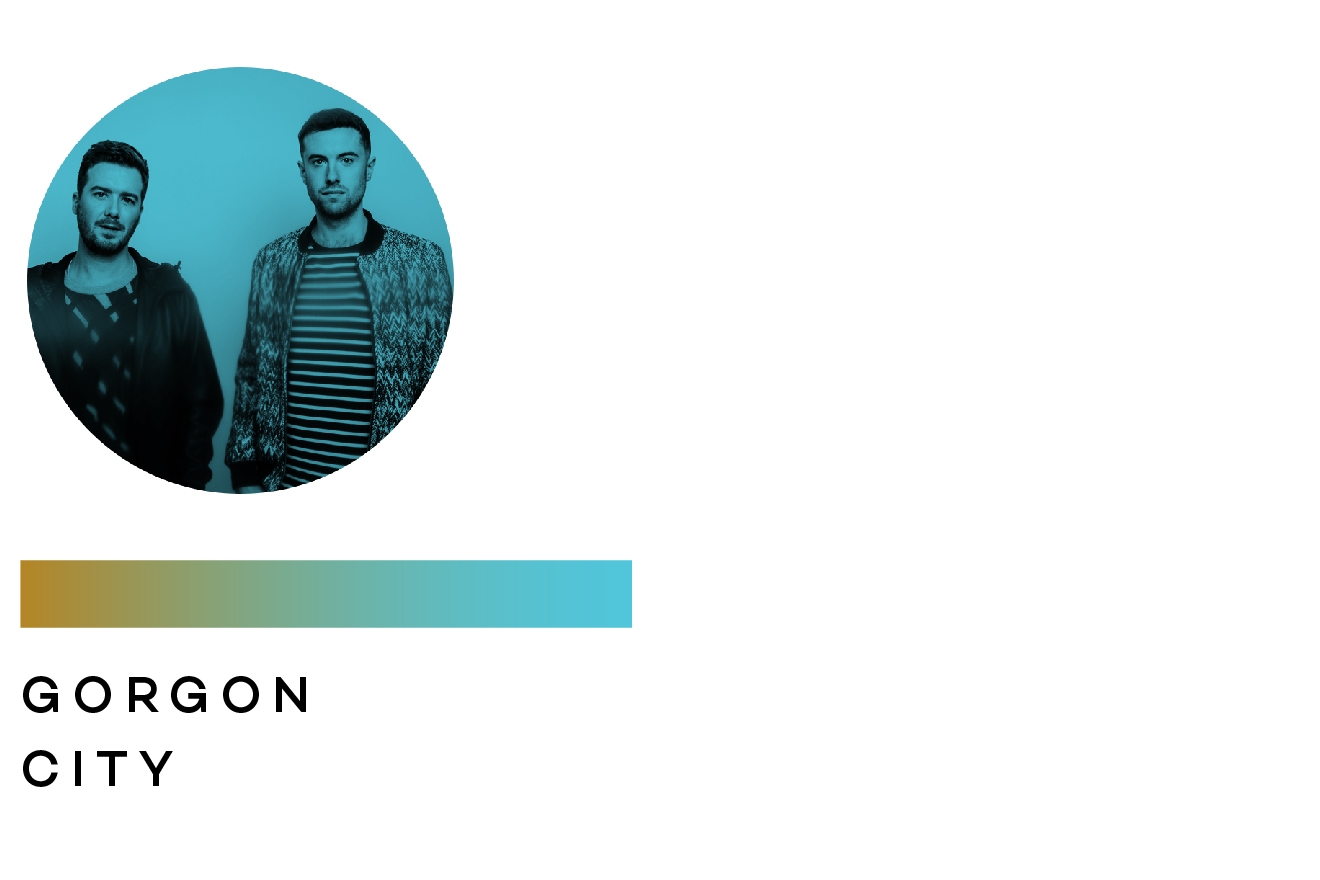
SoundCloud can be a great place to send tracks. When we get sent tracks from people on there we always listen to them. If we're feeling them, we provide our email address and then the conversation starts. Generally if someone makes one track you like, they end up making loads more in that style, so it's kicks off a working relationship with that producer. People do hand us USBs when we play Amnesia, which is cool, but it's hard to remember who gave you what and even hold on to it. I think the best way to shop your tracks is online. Direct messaging on Twitter is also good. The days of music blogs is over, so the best way is to send the tunes direct. A personal message helps a lot. If the email or message looks like a generic group mail we're less likely to open it. Tell your favourite DJ why you're sending them tracks and what it means to you. Working with people in music is about good vibes and friendship, so start that conversation right and it will go a long way.
Catch Gorgon City performing for Together at Amnesia, Rudimental & Friends at Ibiza Rocks, and ANTS at Ushuaïa
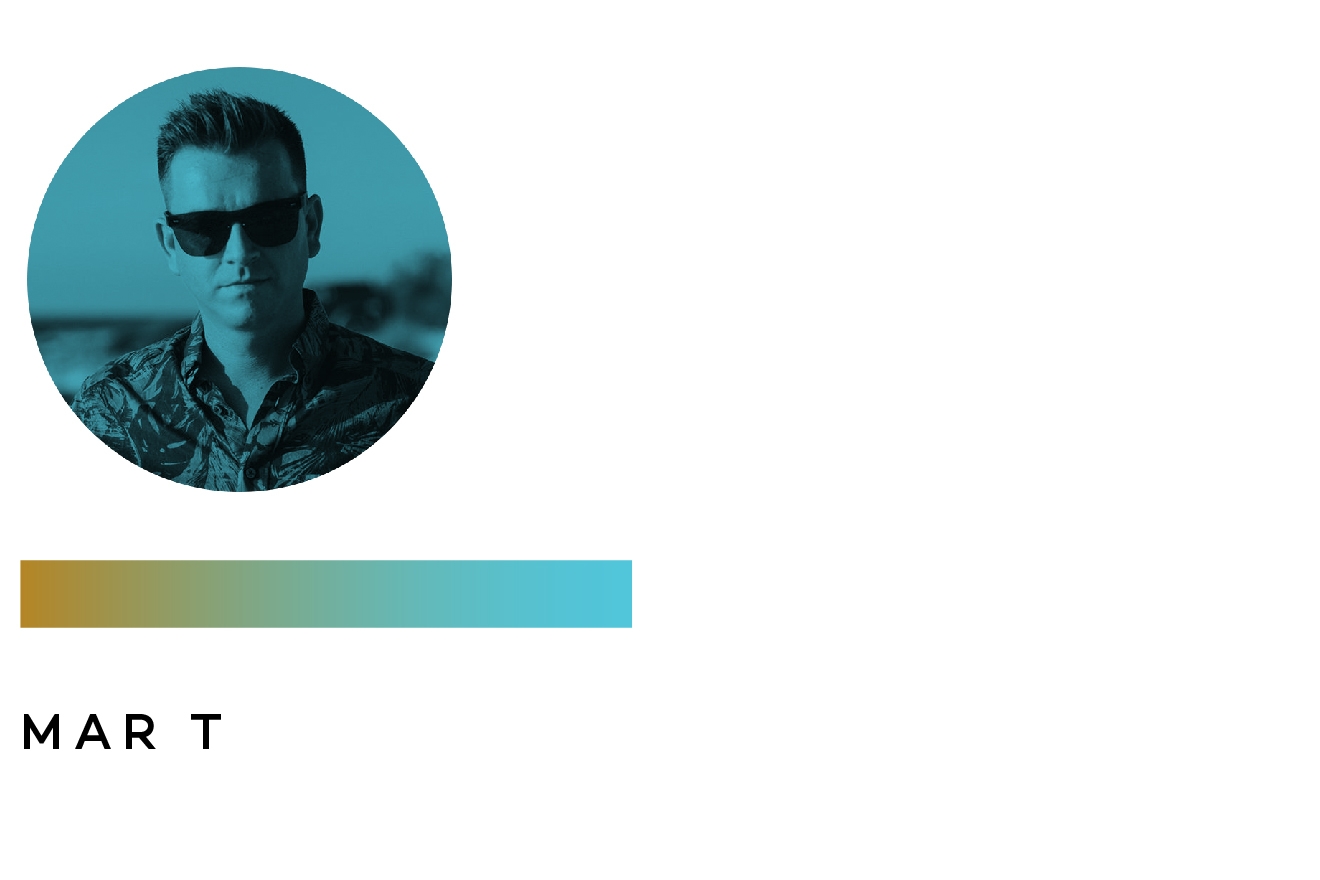
Back in the day, DJs would come to Amnesia with their productions cut on vinyl and we Ibiza residents would listen to them 90% of the time, chiefly because there was such a huge cost behind making the physical product. Nowadays, 90% of the time I will not listen to a USB when it is given to me; it's easier to send me a Soundcloud link and there is a much higher probability that I'll listen to it. Choosing the right label is very important, too, as giving an amazing track to a small label will not help and you will lose your opportunity. However, big labels can be disappointing as they’ll not always listen to all the demos and will look at your past releases. Sometimes they’ll ignore you if you’ve released on a label they believe doesn’t possess the quality standard they believe they have.
Catch Mar-T performing for Pyramid at Amnesia and elrow at Amnesia
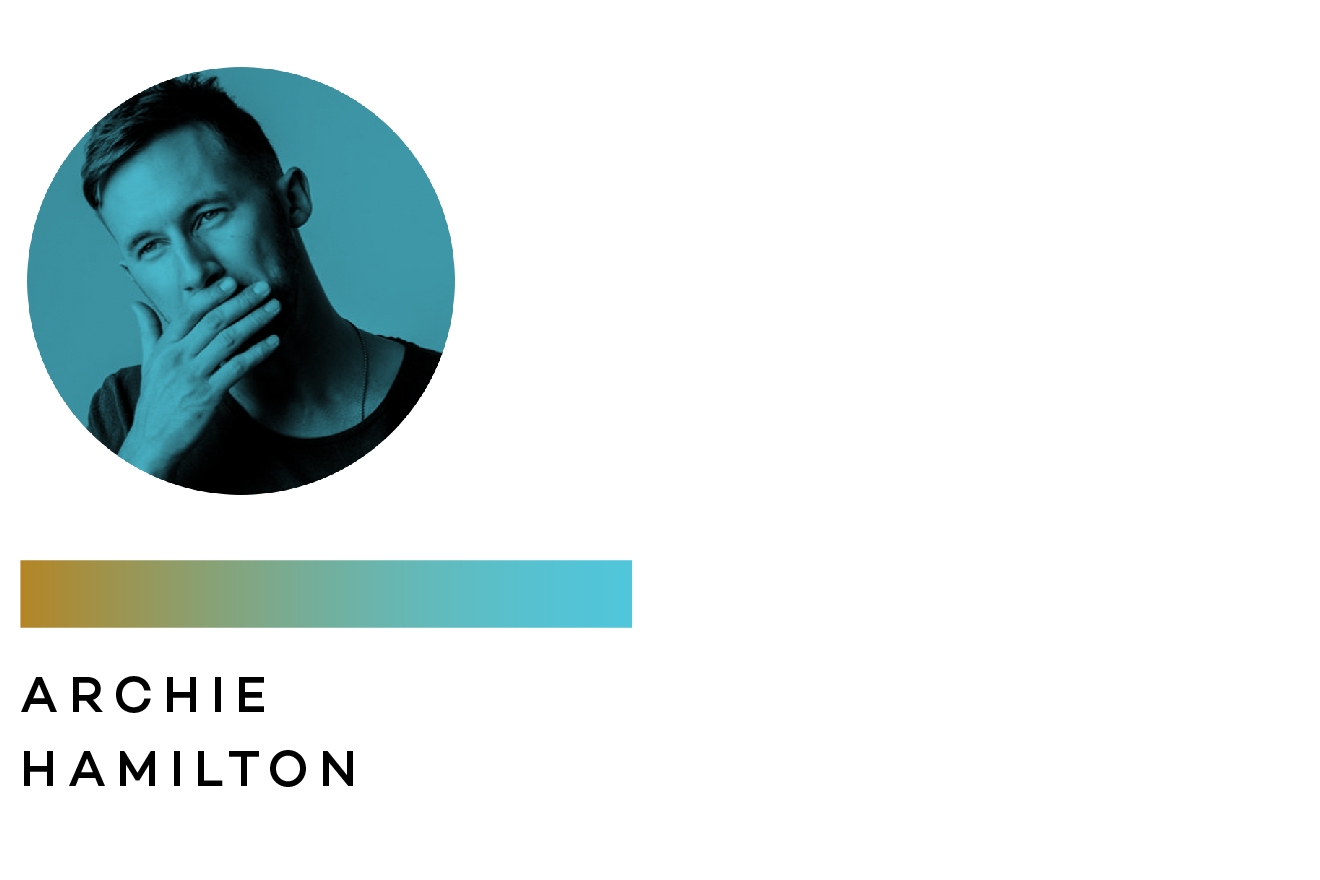
The most important thing in getting your music heard is by building personal relationships. I was going to Ibiza two or three times a year in the run up to 2014, going to as many parties and meeting as many people as I could. By the time I started the season I had gigs already confirmed with lots of unreleased music to play and I played those tunes as much as I could! I just wanted to hear them in the club, but the tracks got heard by more of the right people than they ever would if I’d sent them by email. I used to think how important it was to get on certain labels when I first started producing my own tracks.
But I don’t think that matters so much now; you can get more out of starting your own platform and pitching it properly - look at the Yoyaku guys. There are certain cases where signing to a bigger label is valuable, but I would say that it lies in whether or not you are likely to get a DJ booking with that label or with their artists. So much of this game is about perception, so if you sign to a big label and play with their DJs or at one of their parties, you are suddenly elevated on a higher platform.
Catch Archie Hamilton performing for ONE NIGHT STAND at Pacha
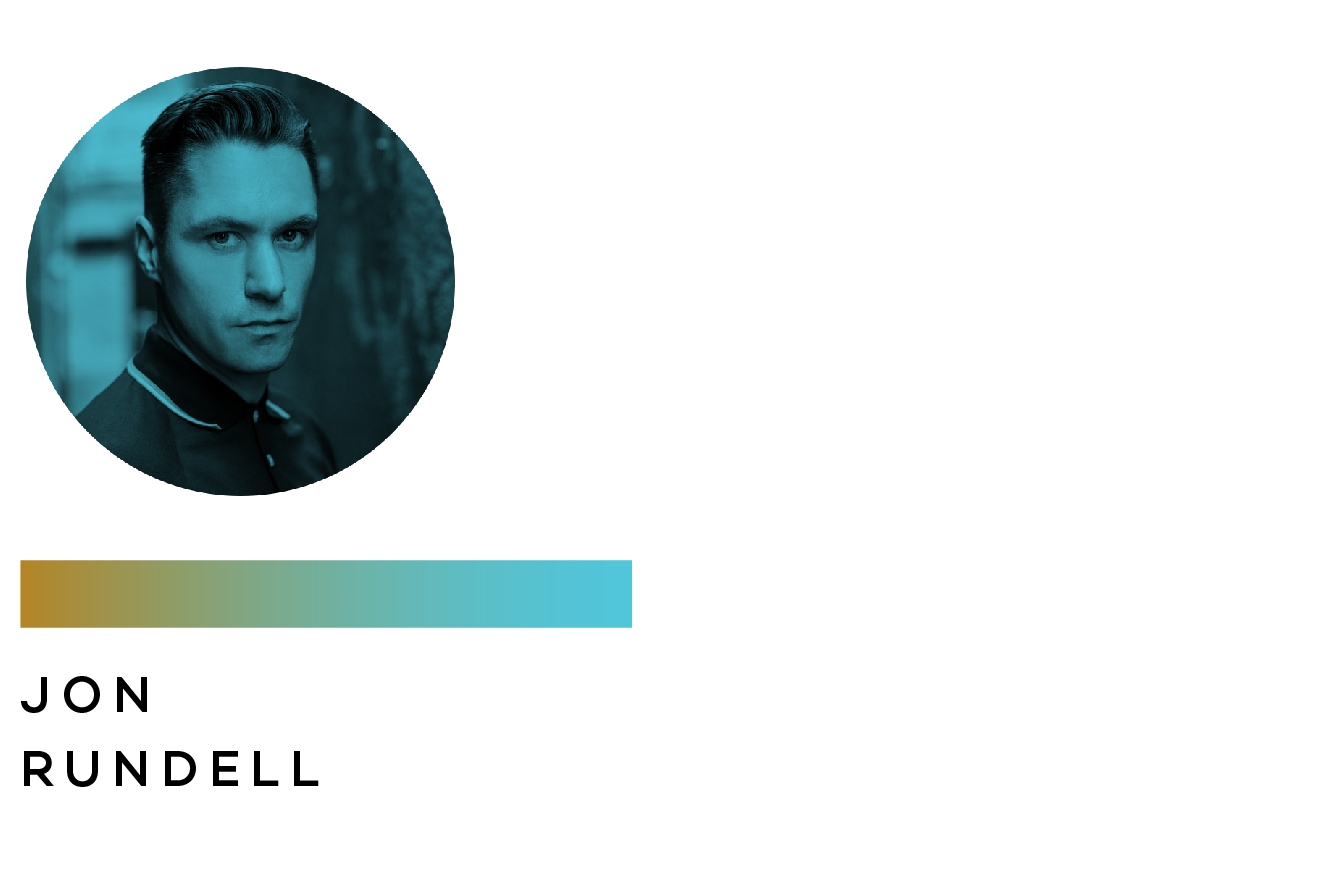
Forget sending demos to an info@label email address as it's a waste of time. You have to get out there on the island, become part of the scene, be social. Get to know the people who run the parties, then the tour managers of the DJs and labels you’d like to work with. Eventually you'll be able to chat regularly with that DJ and just hang out in Ibiza and be cool. Explain to them that you make music and that one day you’d love to release on their label if the opportunity ever arose.
At the same time, make sure you're making music every day, even if it's only for a few hours, so that you keep improving all the time. When you feel your music has reached a certain standard, you can either hand over a USB or by then you might even have a personal email address to send your music - you are more likely to get a reply by sending it that way. And that’s basically it; it’s a long process, so be patient, but it's 100% the best way I’ve found to get music signed.
Catch Jon Rundell performing for Resistance at Privilege
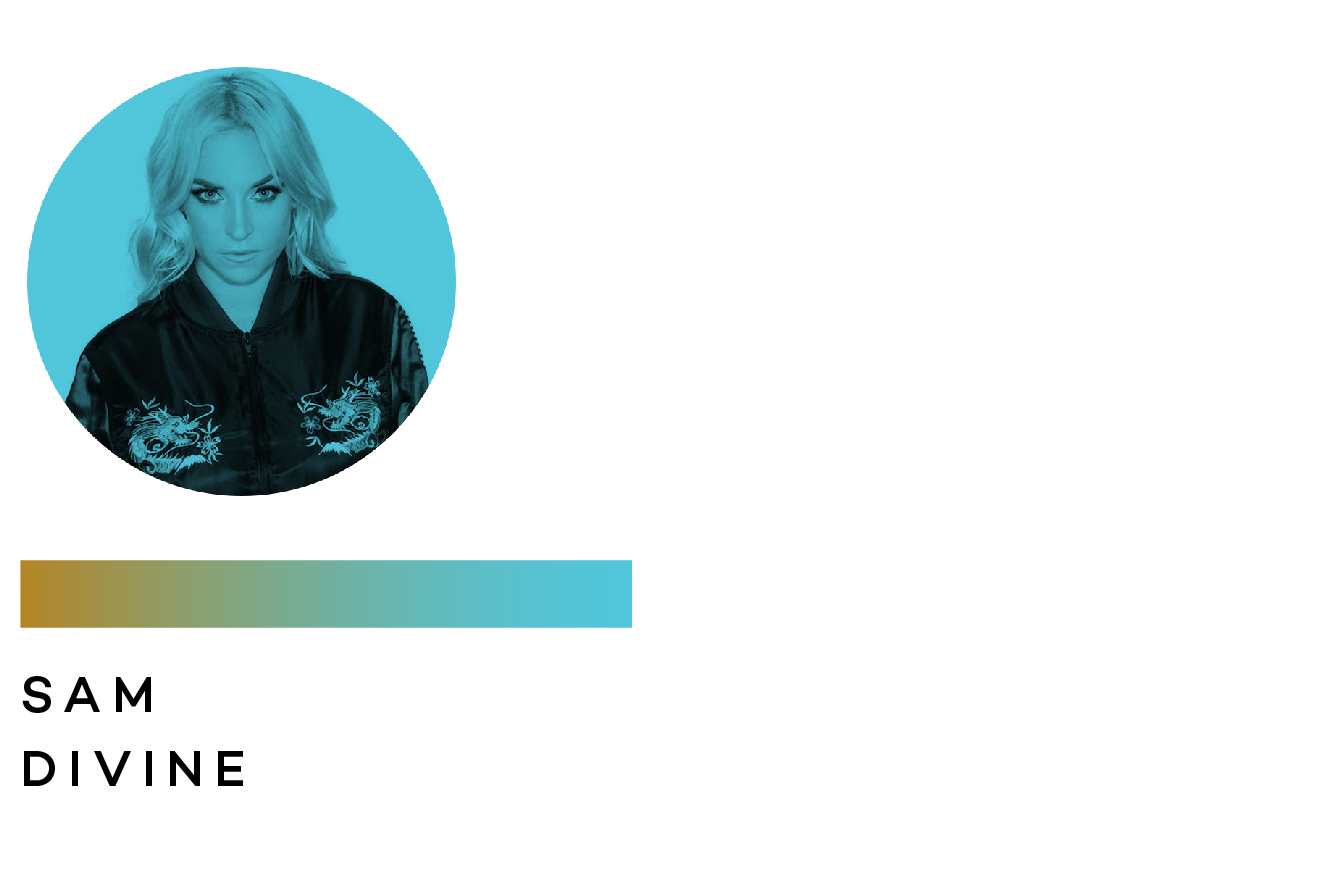
In my first year in Ibiza, I'd take loads of CDs out with me to hand around the bars. These days I'd suggest taking CDs and a USB, as a lot of the bar owners are really old school and more likely to put a CD straight in the CDJs, rather than knowing how to use a USB. Make sure your CDs have standout artwork and include all your social links and contacts. It’s also important to hit people up before you land on the island. Send your favourite DJ a Dropbox link rather than a WeTransfer or download. When I’m handed USBs at shows, they tend to end up at the bottom of my bag or lost.
There has to be a personal touch. One chick sent me a gift package – a mini disco ball, a mini bottle of Courvoisier, my favourite sweets and a covering letter along with a USB with a mix on it - now that shizz got my attention. Of course I'm going to listen to it! If you still can’t get your music signed and you’re starting your own label, you’re doing it for the wrong reasons. You can easily get access to promo tools if your music is good enough, but it’s the profiling on Beatport, Traxsource and iTunes that really makes a difference. The reason DVINE Sounds has survived is because we’ve created a mini machine; it’s not just about signing good music, it’s about events, branding and merchandise. So think like a DJ – get yourself a logo, have a Soundcloud page and update it regularly.
Catch Sam performing for Defected at Eden
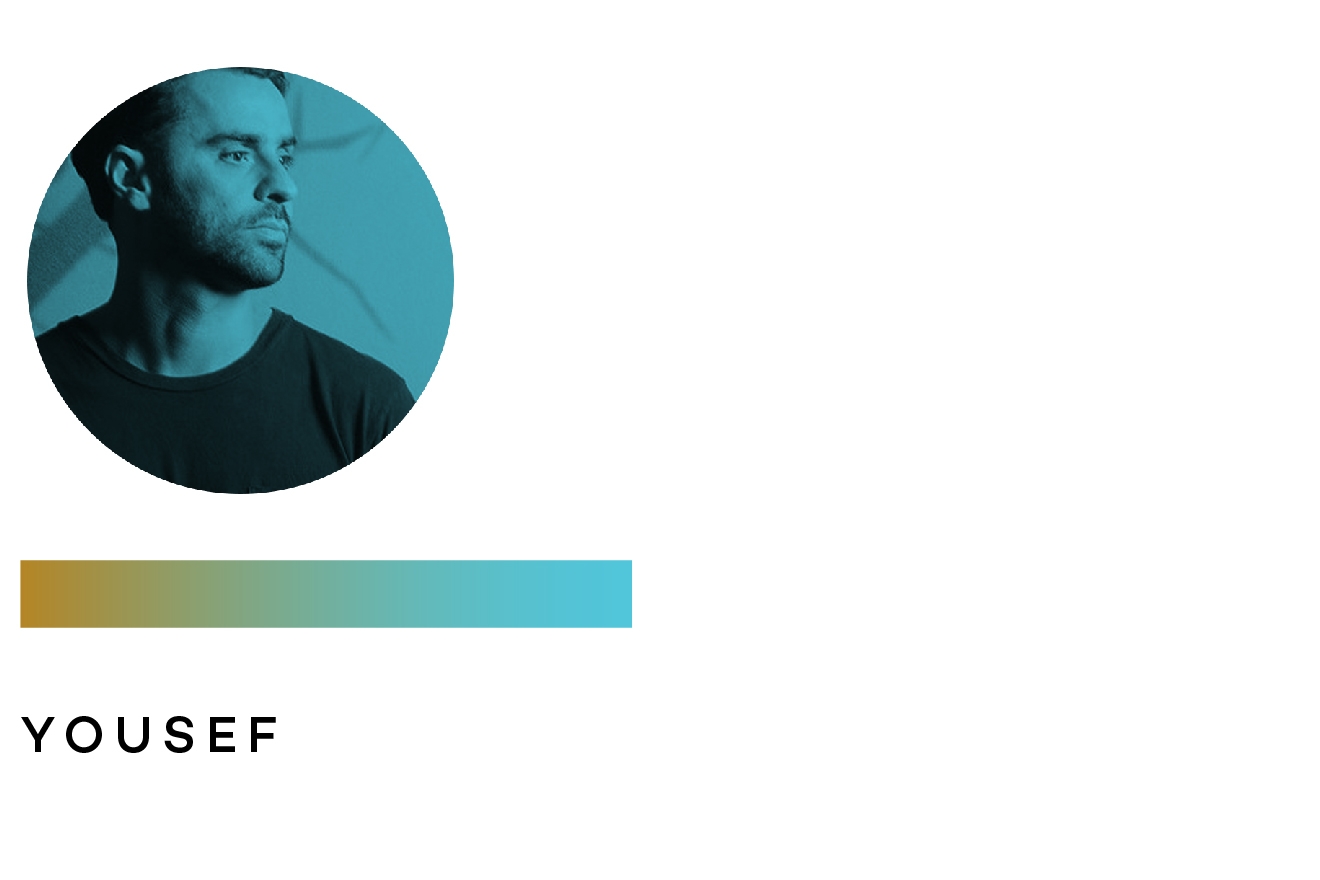
Be ready for the long road, as being patient here is the key. Be nice to people, chat nicely, treat people with respect, kindness and fun. But don’t sign your music to the wrong labels at the start just to have music out; make sure you are genuinely into what they do. Invest in as many areas of dance music as you can so that you can develop. Contribute to the scene and possibly start something you can control - your music, your night, your label and use it all as part of your DJ education. Above all else, make sure you love every record you produce. You'll also need to grow a thick skin and be ready to become frustrated as very average cool DJs jet off all over the world for all sorts of non-dance music related reasons. They will come and go, so make sure you are committed to your sound and become a lifer.
Catch Yousef performing for ANTS at Ushuaïa, Paradise at DC-10, Resistance at Privilege, and elrow at Amnesia
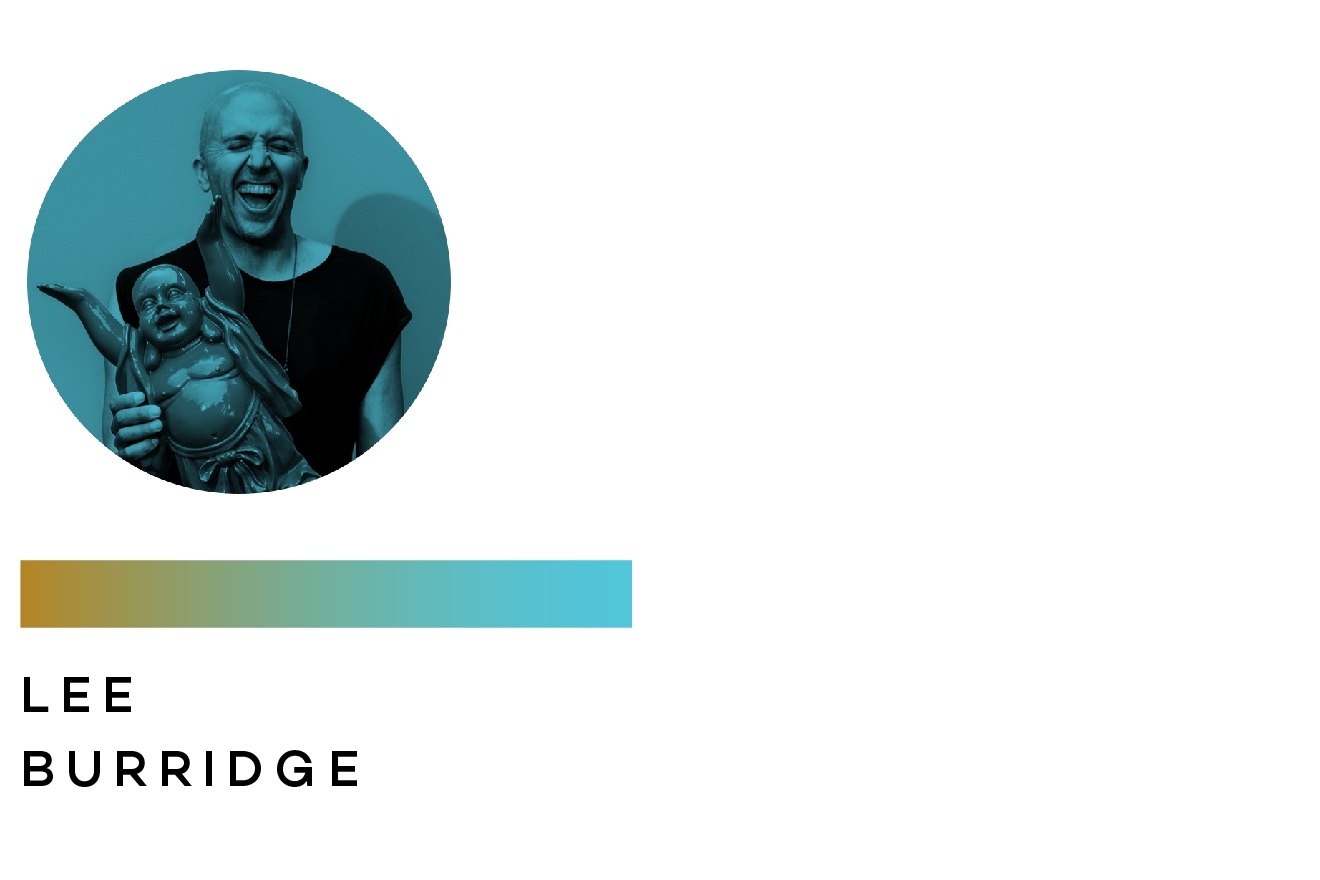
Chose carefully which tracks you give to which DJs. Blanket coverage to anyone who will take your music isn't a good approach in my opinion. It's better to give one or two tracks you are confident are a good fit for my labels or DJ sets, rather than handing over everything you've made in the hope that something will stick out. It's far easier to listen to two or three tracks in a row from a new artist than wading through 10. Also, remember to include your contact details on a PDF on the pen drive.
Depending on what kind of tracks you are putting out, try to connect with perspective labels ahead of the summer if you feel your music is better suited to Ibiza. Overall, try to be objective about your music and don't be in a desperate hurry to get there. You'll know once you create something that really defines you. Ultimately it's better to have a hundred projects on your computer that were really just a way of refining your sound than everything having to be a release.
Catch Lee Burridge performing for All Day I Dream at Blue Marlin, Saga at Heart, Black Coffee at Hï, and Circoloco at DC-10
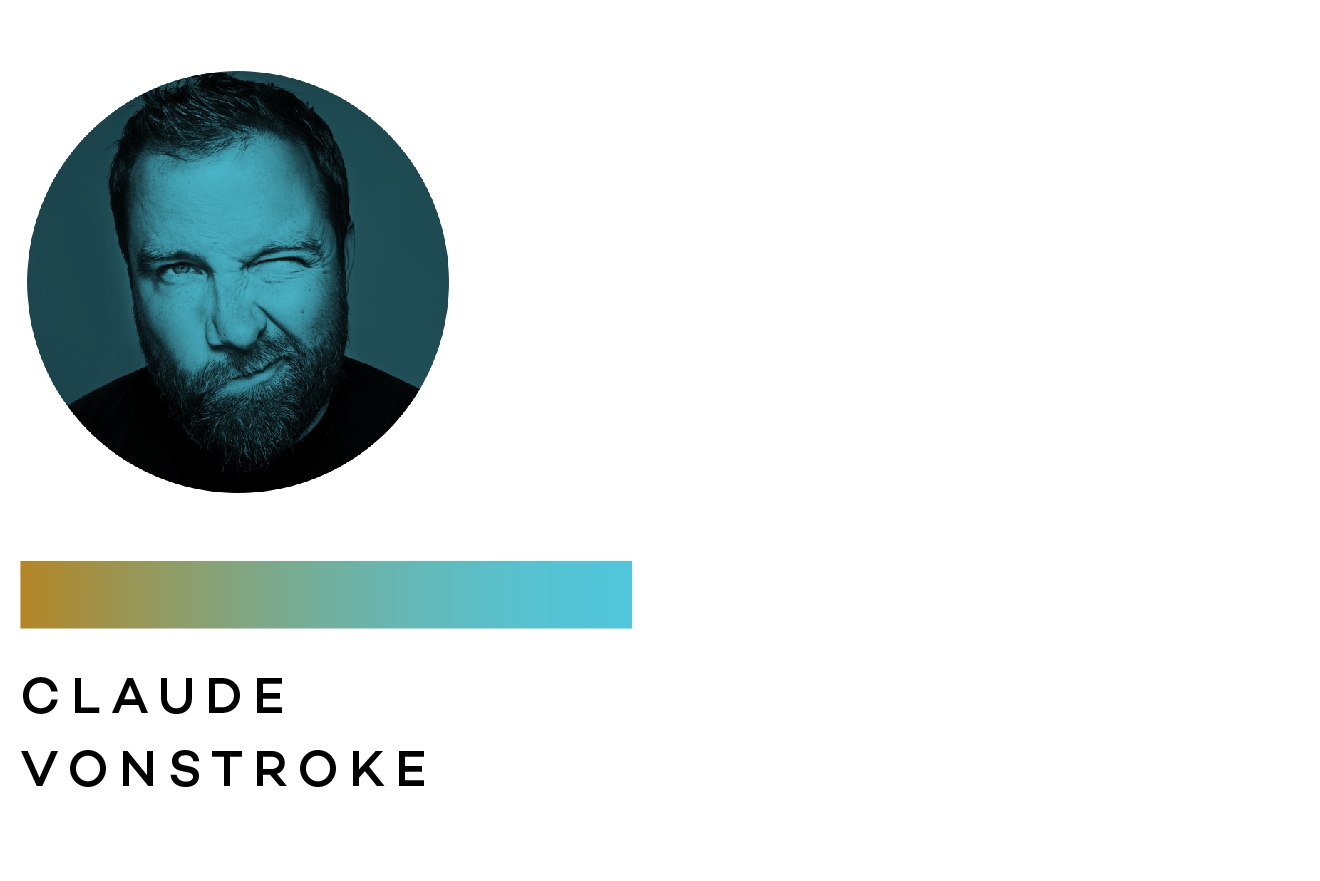
Handing your USB to a DJ in Ibiza always seems like a great idea, but in my opinion it rarely works. At our label the easiest way to get a demo heard is to actually use the demo submission form on the website. It seems impossibly simple I know, but we actually listen to it faster than a USB stick stuck in the middle crevice at the bottom of my luggage.
When I was first starting out, I pressed vinyl and I stole a mailing list from another bigger record label. Then I hand mailed the vinyls to all my favourite DJ houses. It cost a fortune, so I had to save a lot of money to do it. I also got one of my favourite producers to do the remix, so there would be a respected, recognisable name on the record, kind of guaranteeing a listen.
If I was coming into the scene now I would still get the famous remixer on board and I'd wait until I had the best track I ever made before going for it; trying to get popular with a generic tech-house track is a complete waste of time. A very seldom used tactic sometimes works is to send your demo in saying something like: 'Hey I'm a long term fan of your label. Hot Creations really wants to sign this record, but I wanted to send it to you first.' At least you'll get a listen for 15 seconds!
Catch Claude performing for Music On at Amnesia
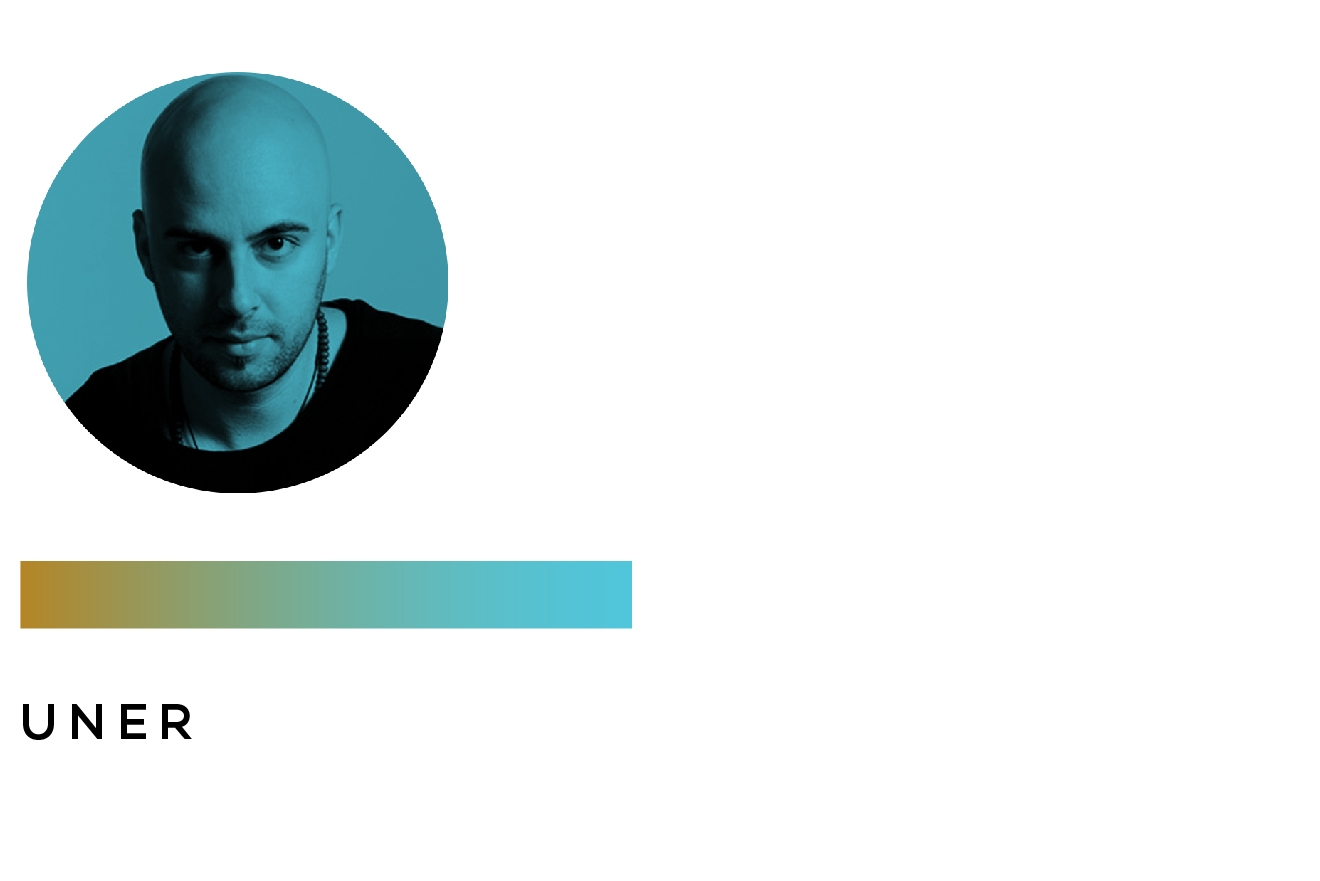
When I first started over a decade ago I sent my tracks by email directly to the artists or through someone who knew them. But things have moved on since then. Knowing an artist in person goes a very long way. The phrase, 'It’s not what you know, it’s who you know' is particularly pertinent in our industry. You have to remember there are hundreds of people sending emails to the same artist at the same time and if the stars don't align at that moment your email will be lost.
For this reason, you have to make yourself stand out from the crowd, which is why networking is so important. I can’t stress that enough. And when you approach an artist, either in person or by email or on their social media, do it with respect. Persistence and respect is the most important thing. Failing that, another option is to do it yourself. Create your own label and build your own brand from scratch.
This is a very good way to succeed right now, because most labels already have a very established artist family and nobody is going to take care of you and your music as well as your. It’s a tough industry but if you work hard enough and if your music has the all-important combination of quality and originality, then it can be done.
Catch UNER performing for ANTS at Ushuaïa
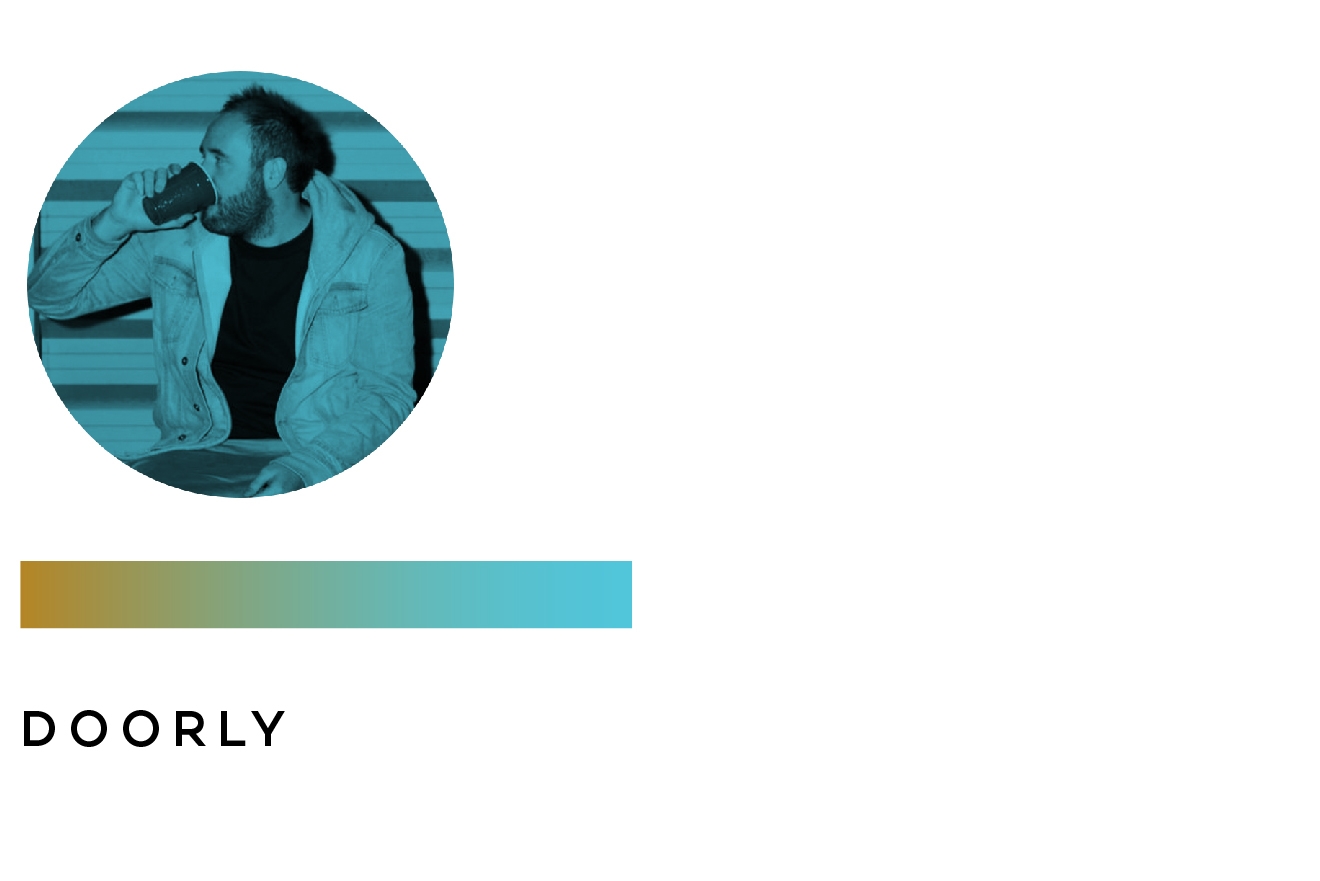
Nothing beats the personal touch. Top tier DJs get hundreds if not thousands of promos per day, coming from all different directions, which makes it almost impossible to listen to them all. I’m far more likely to listen to a promo from a DJ that I’ve met and who made a nice impression on me. So set your sights on your favourite DJ, label or party and make yourself a regular there.
Most of us are pretty approachable and you’ll definitely catch us on the dancefloor as well as in the DJ box. So come and say hi, be cool and memorable in a nice way and start building a relationship that way. Always be armed with your demos and be creative! Most of the young kids on my label are kids who have been regulars at my parties. We eventually became friends and now I’m helping them break through.
It’s a beautifully organic way to find likeminded people and talent and much more fruitful to me than sifting through thousands of promos that all sound the same as each other.
Catch Doorly performing at elrow at Amnesia


